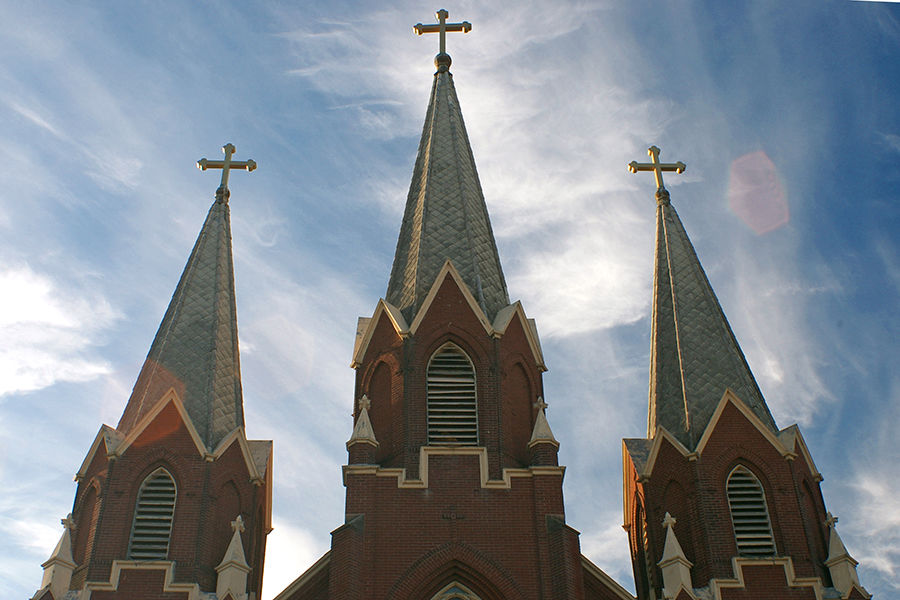Poughkeepsie, N.Y., Jul 18, 2016 / 03:54 pm (CNA).- By a 2-to-1 margin, Americans believe it is unfair to extend the statute of limitations regarding sex abuse cases for private institutions but not public ones. A new national survey, which polled 1,009 adults in the U.S., was conducted by the Marist Institute for Public Opinion July 5-12, 2016. It was sponsored by Catholic News Agency.
Participants were asked if they think it is fair or not fair to allow people more time to come forward and sue a private school or institution, but not if they claim abuse from a public one. Statute of limitations laws limit the amount of time in which a lawsuit may be filed. Efforts have been made in some states to change the statute of limitations in order to allow more time for people who say they were sexually abused as children to come forward. In some of these cases — including New York and Pennsylvania — the longer time period would apply to private organizations but not to public schools or government institutions.
Of all poll participants, 60 percent believed that it would be unfair to change the rules to allow greater time to come forward against private institutions than public ones. This was more than double the 29 percent who believed that the change would be fair, with 11 percent unsure. This trend was consistent among Catholics and non-Catholics, practicing Catholics and non-practicing Catholics, and those who are practicing any religion or not practicing a religion, with differences in these groups falling within the 3.1 percent margin of error.
In each category, about 60 percent said it was unfair to extend the statute of limitations for private but not public institutions. Millennials, members of Generation X, and Baby Boomers all responded similarly to the poll, with about 63 percent saying the changes were unfair, 27-30 percent saying it was fair, and about 9 percent unsure.
The Silent Generation — those over age 69 — deviated somewhat from this trend. Among this group, 47 percent believed it was unfair to extend the statute of limitations for private institutions but not public ones. Thirty-one percent said that it was fair, and 22 percent were undecided. Among men, 59 percent thought the changes would be unfair, while 30 percent thought they would be fair, with 12 percent undecided. For women, 62 percent believed the changes to be unfair, while 28 percent thought it would be fair and 10 percent were undecided.

